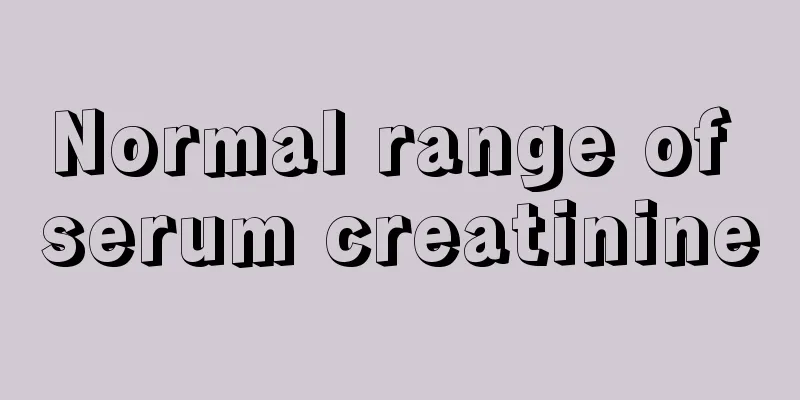What are the symptoms of gouty nephropathy?

|
Gouty nephropathy is a type of damage to the kidneys caused by excessive uric acid in the blood or reduced excretion, resulting in high uric acid levels. The disease is very common in the West but less common in my country. There are more patients in the north than in the south, and there is no seasonality. It is especially common in obese people, alcoholics, people who always like to eat meat, and people who eat very little vegetables. The incidence rate is also high. What are the symptoms of gouty nephropathy? (1) After about 5 to 10 years, kidney disease worsens and develops into uremia, and about 17% to 25% of patients die from renal failure. (2) In the early stage, there is mild unilateral or bilateral low back pain, followed by mild edema and moderate increase in blood pressure. The urine is acidic, with intermittent or continuous proteinuria, generally not exceeding ++. Almost all of them have decreased renal tubular concentrating function, resulting in nocturia, polyuria, and low relative urine density. (3) Gouty nephropathy is characterized by persistent hyperuricemia, and 20% of patients have clinical manifestations of renal disease. After several years or longer, renal tubules and glomeruli may be damaged successively, and a small number of patients may develop uremia. (4) Studies have shown that urate nephropathy has nothing to do with the severity of gouty arthritis, that is, patients with mild arthritis may also have renal lesions, while patients with severe arthritis may not necessarily have renal abnormalities. (5) The incidence of urate nephropathy is second only to gouty joint damage and is closely related to the course of the disease and treatment. The clinical manifestations of gouty nephropathy vary greatly. Some patients do not have gout attacks, and the diagnosis needs to be confirmed by renal puncture biopsy. Some patients have a history of gout. This disease can lead to renal failure if it is severe, so it should be treated early. It is recommended to continue treatment under the guidance of a doctor. Diet therapy: Eat more alkaline foods: Vegetables and fruits are alkaline foods. The alkaline environment can increase the solubility of urate, and these substances are rich in vitamin C, which can promote the dissolution of urate in tissues and facilitate the excretion of uric acid. Generally, eat 1 kg of vegetables every day (vegetables containing purine should be avoided) and fruit 4 to 5 times a day. Patients should drink more water, which is very important. They should drink at least 2,000 milliliters a day. This can help urination, excrete uric acid, and reduce damage to the kidneys. They should eat no more than five grams of salt a day, avoid spicy foods, and quit smoking and drinking. Tea can be drunk in moderation. It was previously believed that it was not allowed, but studies now show that it can be drunk in moderation. |
<<: What fruits can reduce internal heat in summer?
>>: Is it better to soak your feet in white vinegar or aged vinegar?
Recommend
Which hospital is the best for bone cancer
Which hospital is best for treating bone cancer? ...
Consequences of not wearing glasses for astigmatism
Astigmatism, like myopia, is also a type of perso...
What is the reason for facial swelling
First, let us understand what edema is. The main ...
What should I do if my clothes zipper doesn’t fit?
Many clothes have zippers, and some clothes have ...
What is the reason for the pain on the left side of the brain
Many people have experienced pain, but the causes...
Can the cervical spine cause chest pain?
If cervical spondylosis occurs in a person, it wi...
What foods are good for men to nourish their kidneys?
The kidneys are the source of all vitality. As th...
Complications of intertrochanteric fractures
Elderly people are very prone to bone diseases, m...
What is the method of cervical scraping
We all know that scraping has many benefits to ou...
What are the symptoms of hair dye poisoning
Many people like to dye their hair, but we need t...
What are the benefits of soaking garlic in boiling water
Garlic is a common vegetable. In addition to remo...
Does passion fruit reduce internal heat?
The end of July is the season when passion fruit ...
Can lymphoma be cured at the age of 43?
In recent years, we have found that the incidence...
Can mung beans and lotus roots be stewed together?
Mung beans and lotus roots can be stewed together...
What is the diet for bladder cancer?
The diet of bladder cancer patients after surgery...









